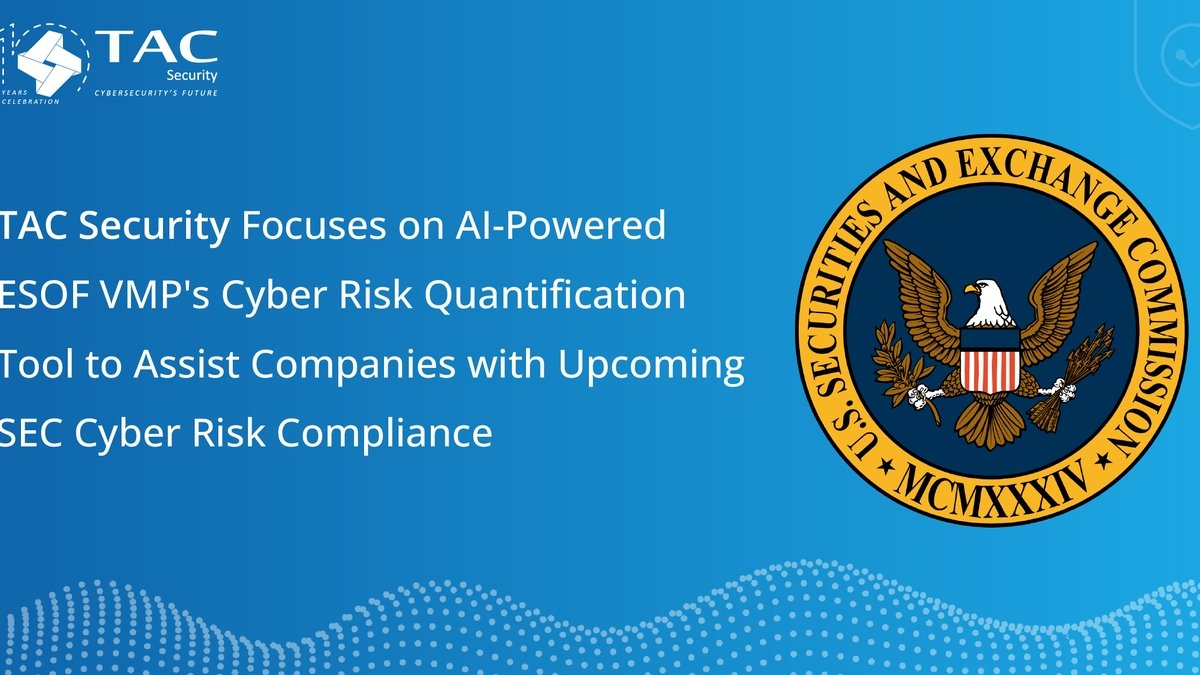Exploring the Prospects and Barriers of Blockchain Integration into Payment Systems
The blockchain technology, well-known for its decentralization feature, may present massive opportunities for refining the efficiency of payment systems. Nevertheless, the journey to replace traditional payment infrastructures might be more strenuous, grappling with the efficiency of existing centralized models and the costs related to regulatory and competitive aspects. The details have been put forth by Paul Brody, who is spearheading the global blockchain at our source.
The Efficiency Conundrum: Blockchain versus Centralized Systems
Dispelling the long-held misconception, Brody highlights that old technological systems do not directly contribute to the heightened cost of the payments. In fact, while lacking in certain dimensional functionalities, centralized models score high on efficiency. The predominant cost-drivers are typically the convoluted regulatory requirements and the deficiency in market competition.
Opportunities with Blockchain
However, the ultimate redemption may lie in the embrace of blockchain. This robust technology has the ability to empower high-functional crypto payment firms to penetrate the market while keeping the costs comparatively low. Blockchain can also enable significant cost abatement in terms of business protocols through intelligent contract systems.
Transformation Through Smart Contracts
Smart contracts have the capability of automating compliance and drastically reducing the use of human resource, thus bringing down labor costs. Our own experiences substantiate this claim with a noticeable reduction of 40% in business process expenses.
Conquering Challenges
Persistent challenges like data privacy concerns and the imperative need for seamless data integration may seem daunting. However, with technology enhancements like Zero Knowledge proofs, blockchain is gaining increased viability for enterprise usage.
The potential of blockchain in leveling the digital playing field between small-scale and large-scale firms must not be disregarded. The future of payment systems could be on the verge of a compelling transformation.














